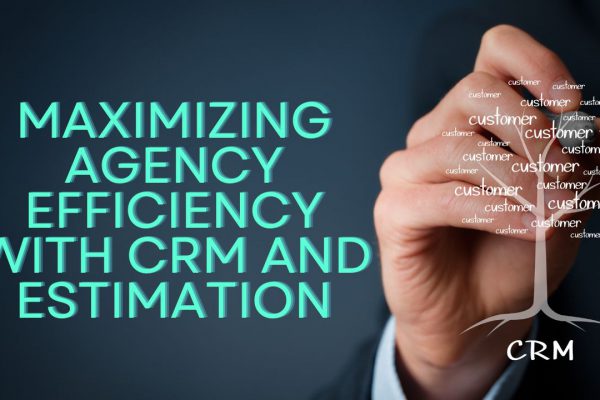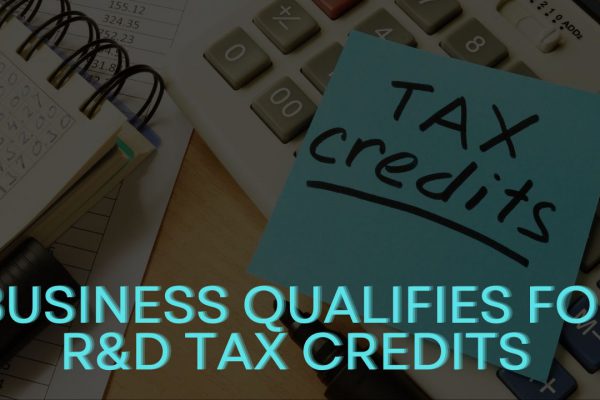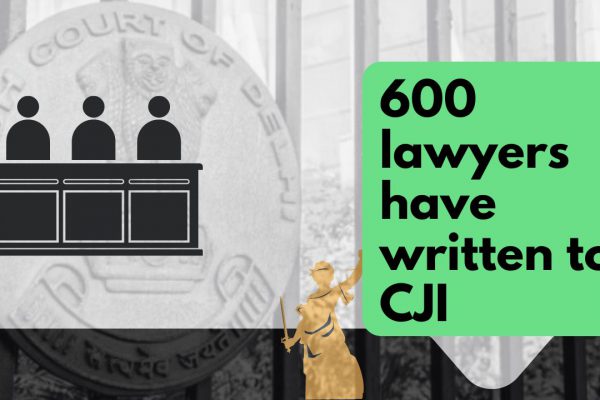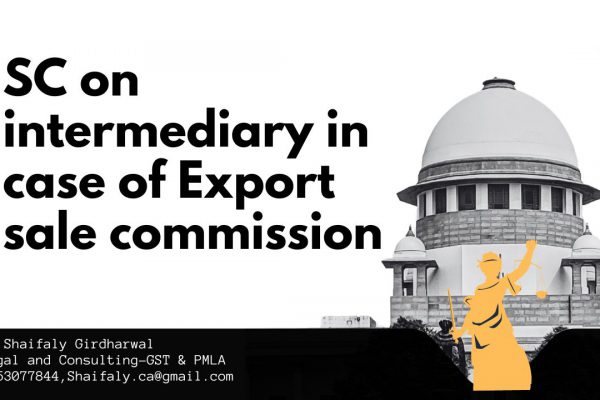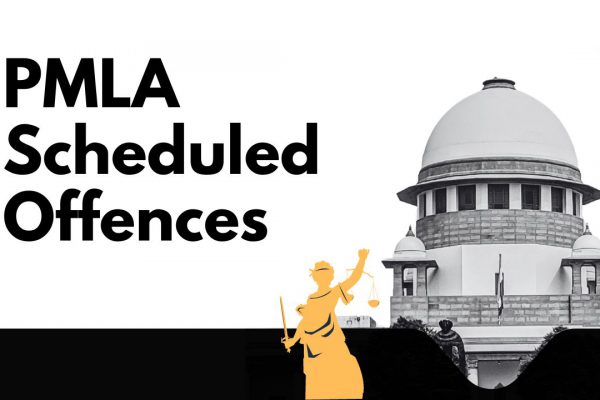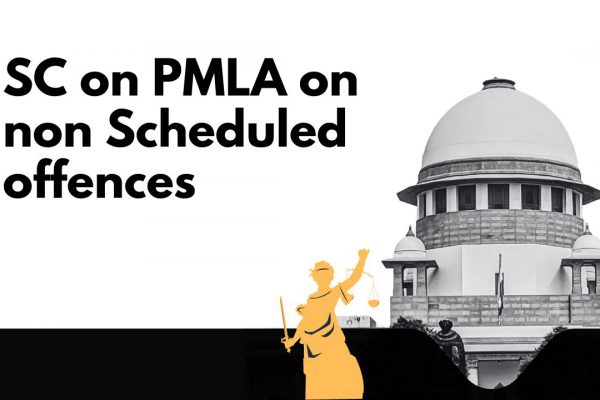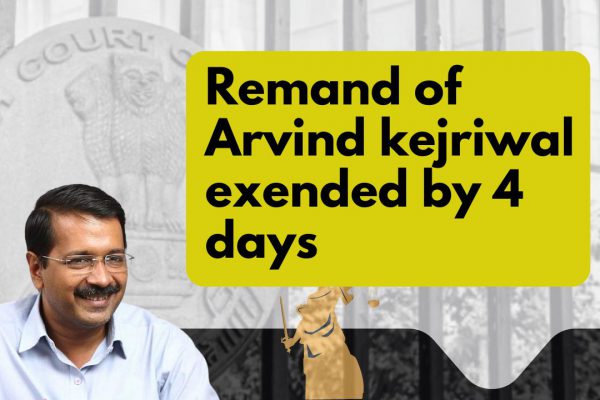Transaction value in GST
Why we need to analyse transaction value
Transaction value is accepted as basic valuation to tax supply in GST. Taxation under any tax law pass through a small journey. There are some important components to it. To levy any tax we need to determine the following factors:
- Tax incidence
- Valuation
- Rate of tax
- availment of ITC
- Payment of taxes and filing of corresponding return
In GST also valuation is important component which will have impact on total outlay of taxes.Section 15 of revised GST model law provide that value of a supply in GST will be the transaction value. But transaction value will be considered as value only when
- The transaction is between unrelated supplier and recipient. and
- Price is the sole consideration.
Who is related person in GST?
Here it is also important to understand that who are the related person in GST. The term itself is defined in section 2(84)
persons shall be deemed to be “related persons’’ if only –
(a) they are officers or directors of one another’s businesses;
(b) they are legally recognized partners in business;
(c) they are employer and employee;
(d) any person directly or indirectly owns, controls or holds twenty five per cent or
more of the outstanding voting stock or shares of both of them;
(e) one of them directly or indirectly controls the other;
(f) both of them are directly or indirectly controlled by a third person;
(g) together they directly or indirectly control a third person; or
(h) they are members of the same family;
Explanation I. – The term “person” also includes legal persons.
Explanation II. – Persons who are associated in the business of one another in that one is the sole agent or sole distributor or sole concessionaire, howsoever described, of the other, shall be deemed to be related.
Here when the supplier and recipient of supply are not related we will have to refer to rules for valuation.
How the transaction value for distinct person will be determined?
Distinct person are defined by section 10. It provide that the registered entities of same PAN in different states will be treated as distinct persons for GST. As we have discussed the provision of section 15 provide that if transaction is not between related person the transaction value will be the taxable value. But if read the definition of related person. The registrations of same PAN in different states will very well cover in that. These distinct person will always be the registered person. For any transaction between them the value will calculated in prescribed manner. This will cause a ;little hardship as distinct persons will always have many transactions with each other. Every time they will have to make extra efforts for transactions between them.
What we need to include in transaction value in GST
We need to understand the components to be included in transaction value. Section 15(2) provide for the items to be included or excluded from transaction value.Here we will discuss them in brief.
- any taxes, duties, cesses, fees and charges levied under any statute, other than the {SGST Act/the CGST Act} and the Goods and Services Tax (Compensation to the States for Loss of Revenue) Act, 2016, if charged separately by the supplier to the recipient.
Analysis: GST will subsume so many existing indirect taxes but not all. Here only the taxes levied under GST are excluded from the transaction value. This will result in cascading effect which was a reason for introduction of GST itself. This will be a hardship on taxpayers.
2. any amount that the supplier is liable to pay in relation to such supply but which has been incurred by the recipient of the supply and not included in the price actually paid or payable for the goods and/or services
This type of expanses are taxable in current regime also. In service tax also any such expanses are included in taxable value.
3. incidental expenses, such as, commission and packing, charged by the supplier to the recipient of a supply, including any amount charged for anything done by the supplier in respect of the supply of goods and/or services at the time of, or before delivery of the goods or, as the case may be, supply of the services.
Transaction value will include all incidental expanses. In service tax and VAT these expanses are still included in taxability. In excise the situation is little different. But manufacture in itself is not a taxable event in GST. This will not have any deep impact.
4.interest or late fee or penalty for delayed payment of any consideration for any supply;
This is the most draconian provisions in GST related to transaction value. Let us take an example. If A sold some goods to B on credit of say 2 months. B find himself unable to pay and request to hold payment for another month and agreed to pay some extra amount for that delay. Now this extra amount is also required to be included in the transaction value. This will put burden of additional taxes, Many times this amount of interest or penalty will not be available at the time of supply. Then in future taxes on that amount will also be liable for interest. In current indirect taxation their is no such inclusion.
5) subsidies directly linked to the price excluding subsidies provided by the Central and State governments;
In case of subsidies we need to understand the basics for their taxability.
a) The subsidy is not directly linked to the price: In this case it will be no direct impact on transaction value. This type of subsidy will not be included in transaction value. It means the full transaction value will be taxable.
b) When the subsidy is directly linked to price: When the subsidy is directly connected to price i is possible to link it with transaction value. In this case the amount of subsidy will be deducted from the transaction value. The tax will be levied on transaction value less the amount of subsidy.
Items to be excluded from transaction value:
The value of the supply shall not include any discount that is given:
(a) before or at the time of the supply provided such discount has been duly recorded in the invoice issued in respect of such supply; and
(b) after the supply has been effected, provided that:
(i) such discount is established in terms of an agreement entered into at or before the time of such supply and specifically linked to relevant invoices; and
(ii) input tax credit has been reversed by the recipient of the supply as is attributable to the discount on the basis of document issued by the supplier.
If you already have a premium membership, Sign In.
 CA Shafaly Girdharwal
CA Shafaly Girdharwal
CA
New Delhi, India
CA Shaifaly Girdharwal is a GST consultant, Author, Trainer and a famous You tuber. She has taken many seminars on various topics of GST. She is Partner at Ashu Dalmia & Associates and heading the Indirect Tax department. She has authored a book on GST published by Taxmann.



